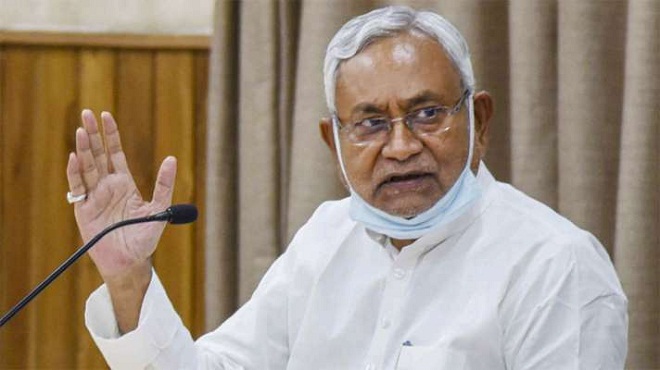
Rubber Crisis in India, Strikes in Delhi
India is facing a rubber crisis, with prices of natural rubber soaring to record highs.
This has led to strikes by rubber farmers in Delhi, who are demanding higher prices for their crops.
The price of natural rubber has more than doubled in the past year, reaching a record high of Rs. 180 per kg.
This is due to a number of factors, including a decline in production in major producing countries such as Thailand and Indonesia, and increased demand from China.
The rising cost of rubber has hit the automotive, tire, and footwear industries hard.
These industries are major consumers of rubber, and the rising prices are putting a strain on their margins.
In Delhi, rubber farmers have been on strike for the past two weeks, demanding a price hike of 50%.
The strike has affected production in a number of rubber plantations, and it is estimated that the industry is losing Rs. 100 crore per day.
The government has intervened in the matter and is trying to resolve the strike. However, the farmers are adamant on their demands, and it is not clear when the strike will be called off.
The rubber crisis is a major challenge for the Indian economy. It is affecting a number of industries, and it is also causing social unrest.
The government needs to take urgent steps to address the crisis and prevent it from getting worse.
Here are some of the things that the government can do to address the rubber crisis:
- Provide financial assistance to the rubber industry to help it cope with the rising costs.
- Negotiate with rubber producing countries to increase production.
- Promote the use of synthetic rubber as a substitute for natural rubber.
- Encourage research into new rubber technologies that can reduce the industry’s dependence on natural rubber.
By taking these steps, the government can help to mitigate the impact of the rubber crisis and prevent it from causing further damage to the Indian economy.
The farmer strikes are a sign of the growing unrest among farmers in India. The farmers are demanding higher prices for their crops, and they are also protesting against the government’s agricultural policies.
The government needs to address the concerns of the farmers to prevent the situation from escalating.
The rubber crisis and the farmer strikes are two major challenges facing the Indian economy.
The government needs to take urgent steps to address these challenges and prevent them from causing further damage to the economy.




